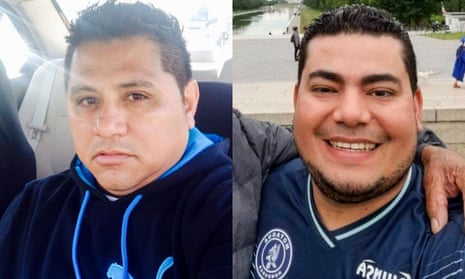
I saw Ade Adepitan’s film about his visit to a “whites-only” town in South Africa. It was observant, astute and shocking. Its revelation of the depth and subtlety of the racist attitudes embedded in residents there was sickening. Worse still, however, was to read excerpts, in his subsequent article in the Guardian about making the film, of the messages posted on social media attacking him for being who he is – a black, disabled man – in words and conceptions that were so diabolical that I had to read them several times to grasp their full intent and force myself to wake up to the fact that there are still people out there who harbour such hatred and disdain (Visiting a whites-only town in South Africa was difficult. Even sadder was the racist backlash in the UK, 26 March).
Today we are so caught up dealing with accusations and scorn of “wokeness” and exhortations to be nicer about each other that we are losing our awareness of the insidious persistence of vile, unadorned racism. Instead, surely, we should spend our time condemning and trying to root out disgusting racism and hatred.Gillian DalleyLondon
I have been following Ade Adepitan’s documentaries for a while now and I am a fan of his journalistic style. It reminds me of Michael Palin, who connects with people on a very human level. He was never going to connect to the people of Orania; I would not be able to either. And I am a white Afrikaner.
His story on Orania chilled me to the bone. There are clearly some Afrikaners who, inexplicably, want to cling to the white supremacist ideas of the past. They are a small minority. What gives me hope is that many young, modern Afrikaners are some of the most liberal, forward-looking and inclusive people I know, driven by a desire to never do things like apartheid again in the name of the Afrikaner.
The South African rugby coach Rassie Erasmus is one such example, who could see the strength in unity and showed the world the force we could be when we stand together. I consider myself one of those Afrikaners and raise my children to also follow those liberal ideals. They certainly know very well who Nelson Mandela, Desmond Tutu and Steve Biko were and what they stood for. I am a proud Afrikaner, and unlike the person Ade interviewed in Orania, I consider myself an African first, then a South African and then an Afrikaner.Wiesner VosOxted, Surrey
Have an opinion on anything you’ve read in the Guardian today? Please email us your letter and it will be considered for publication in our letters section.
Guess what you like
Leave a comment
Email addresses will not be published. Required fields are marked with *


